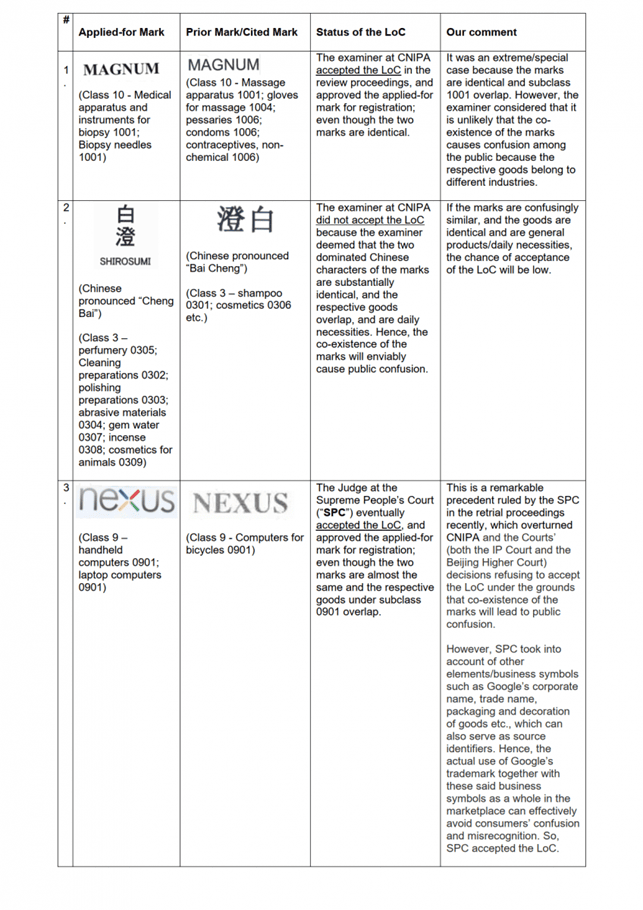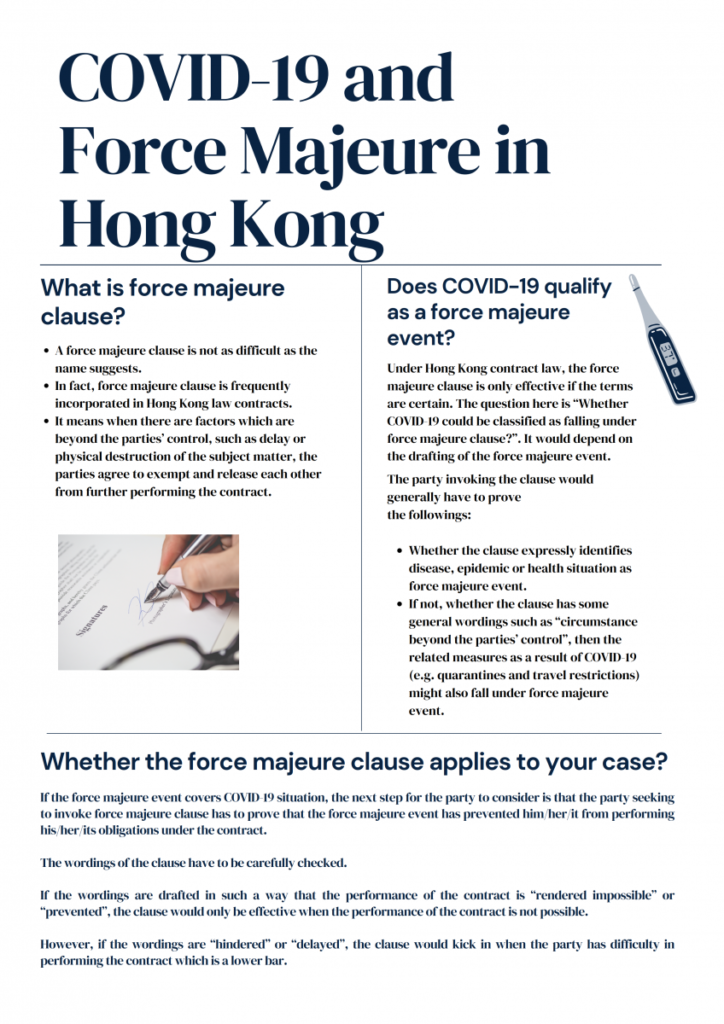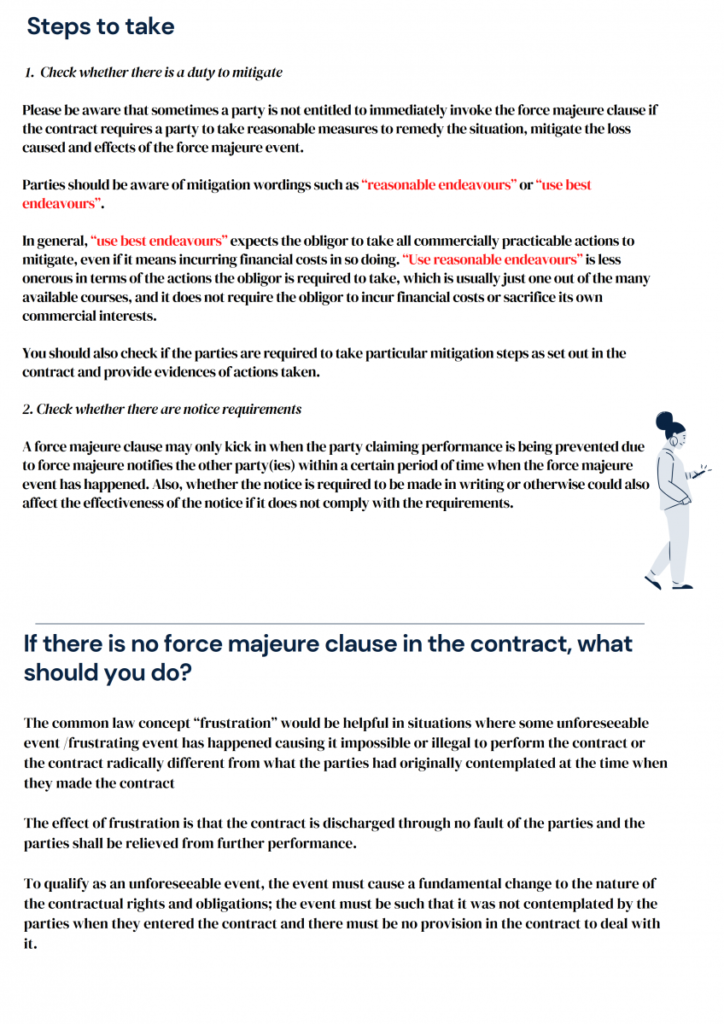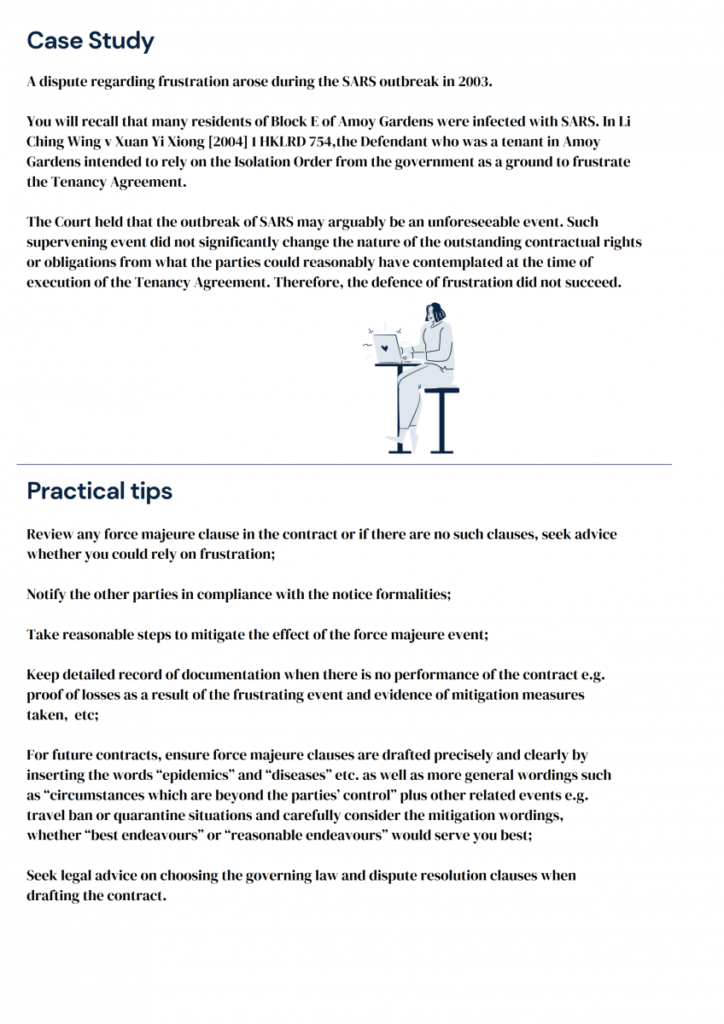接各方的追索和執行行動
離岸公司越來越多地被用作資產保護的工具,令貸方的債務追收和資產追回行動更具挑戰性。 如果發現目標資產是由離岸公司(如果借款人來自國內或香港,很可能是英屬維爾京群島公司)持有的,貸方很多時候會停止執法程序。 本文旨在為貸款人就如何計劃跨境行動以最大程度地提高回收率提供實用指導。
有抵押債務
先講述較理想的情況,即債務受抵押(例如股票)保障,貸款人應在違約時迅速採取措施,以根據抵押文件強制執行擔保利益。
大多數股票抵押是受衡平法監管,其實益權已轉讓給貸方,並且附有一套預先簽訂的文件以便貸方轉讓法定所有權。 但是,轉讓文件的簽發和提交本身並不會賦予貸方不受限制的所有權,因為一旦償還債務,在衡平法底下借款人可贖回股份的所有權。
為了消除上述衡平權益,貸方須根據抵押文件的規定,通過以下方式之一出售股份:1)在取得抵押之所有權後出售予第三方; 2)利用預先簽定的委託書出售; 或3)委任接管人出售。 看起來很簡單,在行使銷售權時,貸方有法律責任要行使合理的努力以取得在可行情況下的最佳價格。此外,法定下還禁止 “自我交易”(即貸方不能購買抵押權益)。 在這些限制底下,通常建議將出售責任委託給專業的接管人。
檢查清單
1. 抵押文件的管轄法律是什麼?
2. 是否有轉移法定所有權的機制?
3. 在抵押文件下有那些方法執行權益?
4. 行使銷售權的最佳方法是什麼?
無抵押債務
如果沒有任何抵押,則需要法院的協助,以通過借款人擁有的資產收回欠債。 如債務受香港或中國法律管轄,許多貸方都知道,第一步,應尋求法院判決以確認債務的有效性。 如借款人持有海外資產,則應進一步將判決經由資產所在地法院認定其有效性 (技術上稱為 “本土化”)。
儘管香港與英屬維爾京群島之間沒有協定互相承認彼此的判決,但最近英屬維爾京群島法院承認並執行了中國法院判決,是英屬維爾京群島法院第首次承認中國法院判決的案例。該申請源於對中國債務人的判決,債務人是英屬維爾京群島公司的唯一股東,藉該公司持有一家香港上市公司的股份。
在將國內判決本土化後,英屬維爾京群島進法院接著針對該公司的股份頒發押記令。這使貸方成為有擔保貸方。但是,由於實際上很難出售幾乎沒有賬簿和記錄的股票,於是貸方決定申請任命接管人,接管人可行使股東投票權來控制公司,以進行清算。其資產最終償還貸方。
在批准申請時,法院確認可以針對英屬維爾京群島公司的股份任命接管人,然後接管人有權先任命公司董事,再以公司之名出售資產來實現股份的價值,從而償還判決債務。 法院特別提到,在基礎資產價值未知的情況下,任命接管人而非直接命令出售股票是合適的。
英屬維爾京群島法院為協助外國貸方的實際做法絕對是佳音。
檢查清單
1. 債務的適用法律是什麼?
2. 債務是否有爭議?
3. 資產位於何處?
4. 是否有足夠的有關資產價值的信息來幫助處置資產
結論
關鍵要點: 貸方在追索行動前應尋求涵蓋香港和離岸方面的綜合建議,這將能夠有效收回資產。
Lorem initius…
 香港中環雪厰街二號聖佐治大廈五樓503室
香港中環雪厰街二號聖佐治大廈五樓503室 +852 2868 0696
+852 2868 0696











